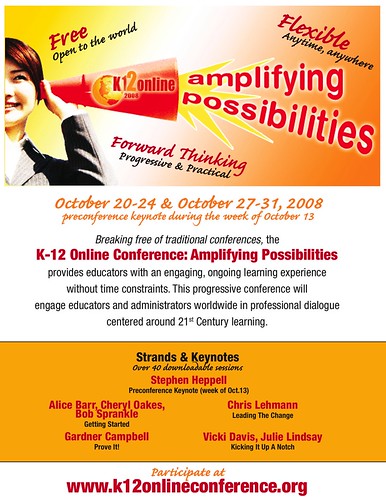I was fortunate enough to teach EC&I 831 last year. It’s an online, open graduate course focused on educational technology. I had a wonderful group of students registered in the course, and before long, we had a wonderful network of informal learners that became an important part of the course experience.
And, we’re back! In fact, I have two open access courses running this semester. See ECMP 455 (undergrad) and EC&I 831 (graduate). In both courses, one of the main assessments is based on the reflection and development of a personal learning network (PLN). I am hoping that I will be able to help students build their PLNs, and have them reflect on the types of activities and experiences they have. I am hoping that their discoveries will help us understand more about PLNs, how they form, and their implications for teaching and learning.
In terms of the open access, in a nutshell, I am in a process of “thinning the walls” for my students. We began with private conversations about connectivity and networking (this is new for most students), and I am hoping that students will slowly emerge themselves in the more public spaces. Some have already taken the plunge and can be found on Twitter and in other spaces. If you look in the “participant directory” of each course site, you will be able to see their shared biographies. Some have already developed short introduction videos (posted to Youtube).
There will be synchronous events that may be of interest to many of you. To start with, in EC&I 831, Dr. Richard Schwier will be joining us Tuesday (Jan. 13/09), 7 p.m. (CST) to take us through a brief history of technology in schools. From my discussions with Rick, he’s got some really neat things up his sleeve and I know this will be a great session! I’ll be information on how to join this event (for those interested) via Twitter shortly before the session.
I invite you all to help, and would love if you could engage these individuals, help them with their questions and concerns, and support their learning. I am hoping that this will be an important experience for all of us!






